726 Summerhill Drive
DeLand
FL 32724
USA
Phone: 386-626-6789
Toll-free: 1-877-638-3266
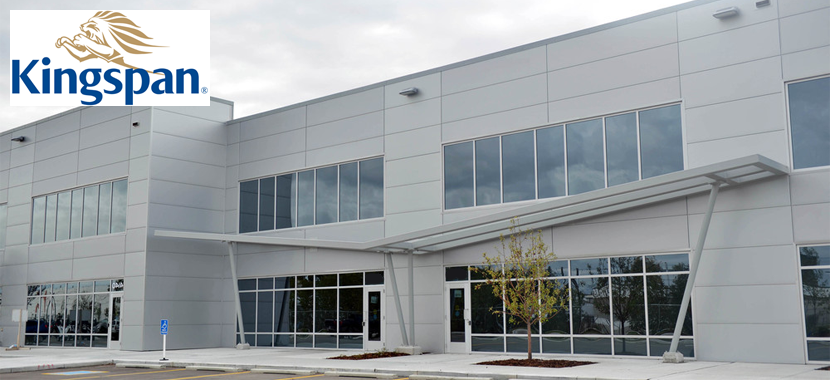
Demand for safety, energy efficiency, and contemporary aesthetics is driving building envelope design that incorporates increased amounts of combustib...
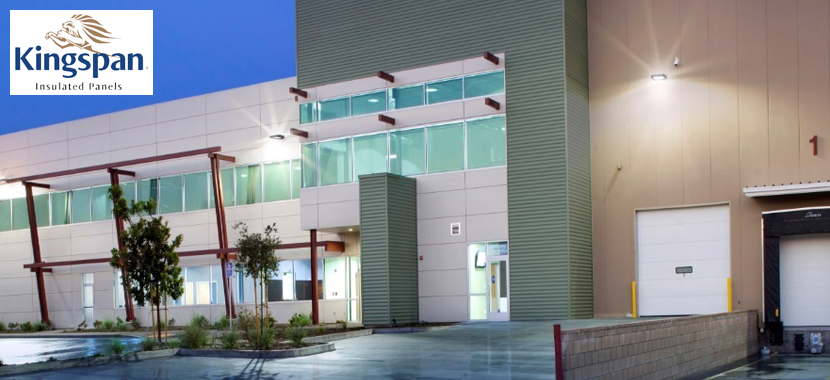
Thermally controlled environments such as cold storage freezers and coolers, and food processing and packaging facilities take many different forms. T...
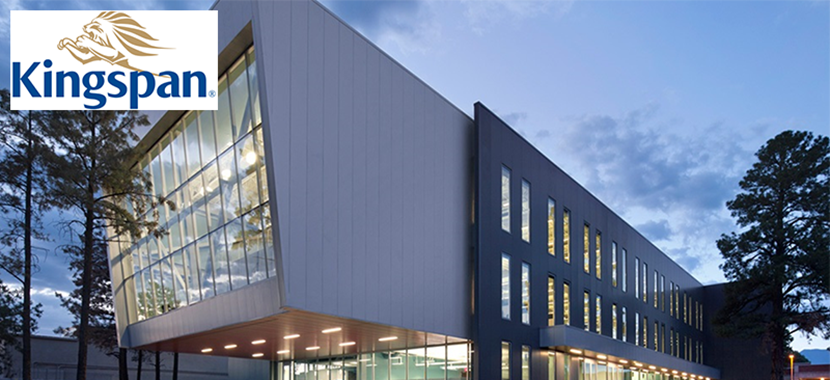
Today’s building professionals and owners share enthusiasm for building envelope performance. Building envelopes separate the building interior from...
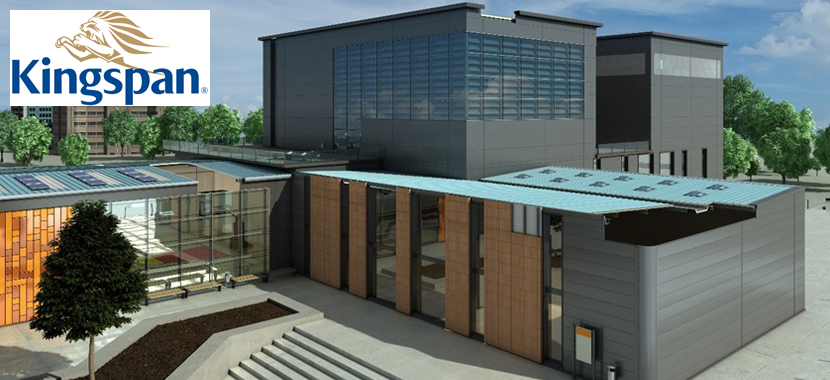
The materials we use have a significant impact on the environment, our communities, and our health. Consequently, material transparency—wherein manu...
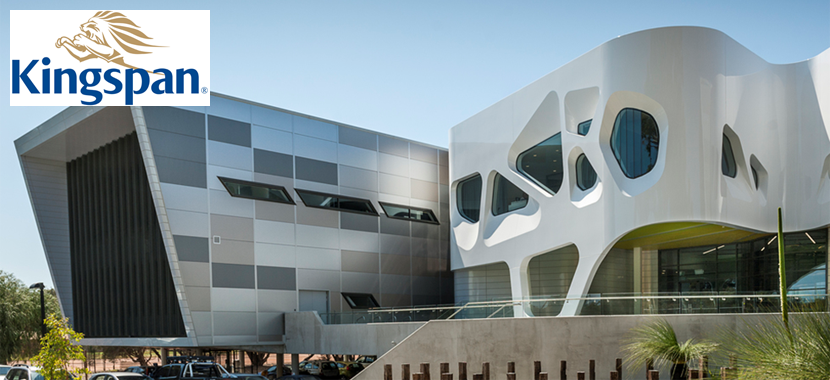
With faster build speeds, superior environmental control performance, and exceptional design flexibility, insulated metal panels (IMPs) offer many adv...
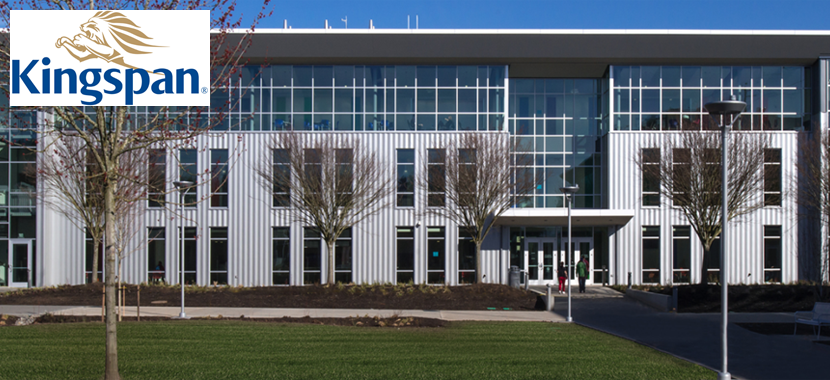
A high-performance building must address four major environmental loads: water, air, vapor, and thermal. The location of the required control layers i...
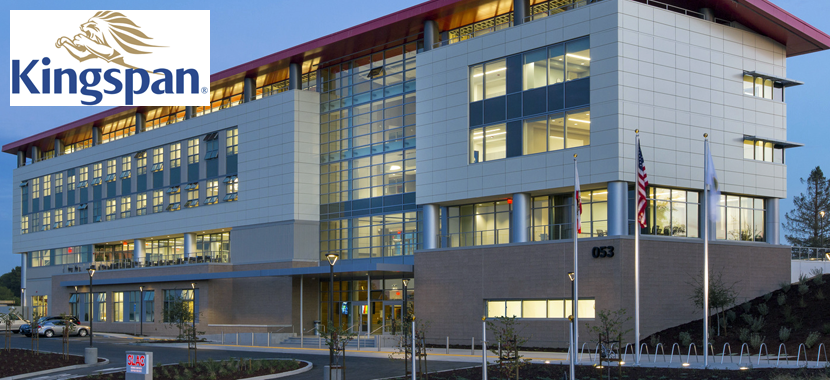
The modern aesthetic of metal facades is in high demand for applications ranging from education, healthcare, and office to residential and multistory ...
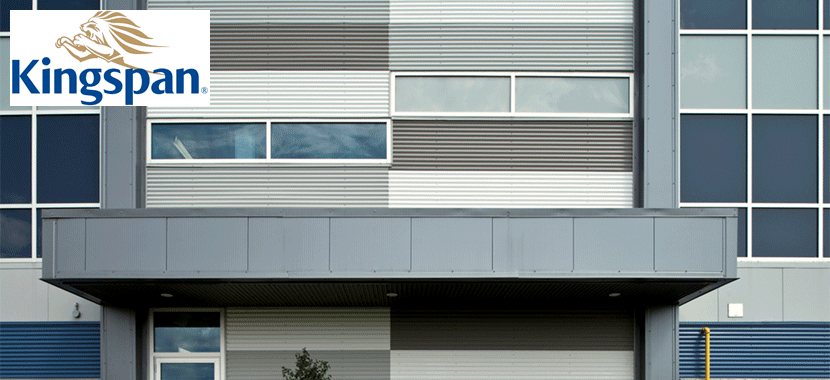
In the fight against climate change, efforts intensify against the planet’s number one enemy—carbon dioxide. The building industry will play a sig...
Displaying 8 course(s).
Scan this code with your mobile device camera to take this page on-the-go!

https://redirect.aecdaily.com/s9727/www.aecdaily.com/course/870419
 The modern aesthetic of metal facades is in high demand for applications ranging from education, healthcare, and office to residential and multistory mixed use. Recent high-profile fires have reinforced the importance of choosing the right metal cladding system that meets thermal performance requirements while not compromising life safety. This course compares various core materials and focuses on what the code requires for metal cladding in terms of fire performance testing and results and includes case studies from fire events around the globe.
The modern aesthetic of metal facades is in high demand for applications ranging from education, healthcare, and office to residential and multistory mixed use. Recent high-profile fires have reinforced the importance of choosing the right metal cladding system that meets thermal performance requirements while not compromising life safety. This course compares various core materials and focuses on what the code requires for metal cladding in terms of fire performance testing and results and includes case studies from fire events around the globe.
Scan this code with your mobile device camera to take this page on-the-go!

https://redirect.aecdaily.com/s9727/www.aecdaily.com/course/848960
 With faster build speeds, superior environmental control performance, and exceptional design flexibility, insulated metal panels (IMPs) offer many advantages over other conventional building envelope systems. This course details these and other aspects of IMPs and why they can be considered the key component of “the perfect wall.”
With faster build speeds, superior environmental control performance, and exceptional design flexibility, insulated metal panels (IMPs) offer many advantages over other conventional building envelope systems. This course details these and other aspects of IMPs and why they can be considered the key component of “the perfect wall.”
Scan this code with your mobile device camera to take this page on-the-go!

https://redirect.aecdaily.com/s9727/www.aecdaily.com/course/846064
 A high-performance building must address four major environmental loads: water, air, vapor, and thermal. The location of the required control layers is critical to effective envelope design. This course explores perfect/universal wall design and the use of single-component insulated metal panels (IMPs) to provide all four control layers. Presented here are discussions on the building envelope, rainscreens, perfect wall design, and IMPs, and more specifically, how to incorporate IMPs into engineered façade systems.
A high-performance building must address four major environmental loads: water, air, vapor, and thermal. The location of the required control layers is critical to effective envelope design. This course explores perfect/universal wall design and the use of single-component insulated metal panels (IMPs) to provide all four control layers. Presented here are discussions on the building envelope, rainscreens, perfect wall design, and IMPs, and more specifically, how to incorporate IMPs into engineered façade systems.
Scan this code with your mobile device camera to take this page on-the-go!

https://redirect.aecdaily.com/s9727/www.aecdaily.com/course/848740
 Today’s building professionals and owners share enthusiasm for building envelope performance. Building envelopes separate the building interior from the exterior environment. As such, they are exposed to a variety of environmental loads, including wind pressure, solar radiation, and rain. This course provides an overview of the major thermodynamic considerations for the proper construction of the building envelope with a focus on insulated metal panels (IMPs) that provide all four control layers (air, water, vapor, and thermal) in a single-component system.
Today’s building professionals and owners share enthusiasm for building envelope performance. Building envelopes separate the building interior from the exterior environment. As such, they are exposed to a variety of environmental loads, including wind pressure, solar radiation, and rain. This course provides an overview of the major thermodynamic considerations for the proper construction of the building envelope with a focus on insulated metal panels (IMPs) that provide all four control layers (air, water, vapor, and thermal) in a single-component system.
Scan this code with your mobile device camera to take this page on-the-go!

https://redirect.aecdaily.com/s9727/www.aecdaily.com/course/811766
 Thermally controlled environments such as cold storage freezers and coolers, and food processing and packaging facilities take many different forms. Their performance and functionality depend on their project-specific requirements and can be affected by the conditions the materials and systems are subjected to. This course discusses how insulated metal panels (IMPs) perform the necessary functions to provide an effective energy-efficient building envelope and why they are suitable for use within temperature-controlled hygienic environments—where performance is critical.
Thermally controlled environments such as cold storage freezers and coolers, and food processing and packaging facilities take many different forms. Their performance and functionality depend on their project-specific requirements and can be affected by the conditions the materials and systems are subjected to. This course discusses how insulated metal panels (IMPs) perform the necessary functions to provide an effective energy-efficient building envelope and why they are suitable for use within temperature-controlled hygienic environments—where performance is critical.
Scan this code with your mobile device camera to take this page on-the-go!

https://redirect.aecdaily.com/s9727/www.aecdaily.com/course/845810
 The materials we use have a significant impact on the environment, our communities, and our health. Consequently, material transparency—wherein manufacturers disclose vital sustainability information about their products—is an increasingly necessary element of modern life. This course examines the tools and resources that are available for both manufacturers and the A&D community that effectively communicate transparency information and optimization of building products. Also reviewed are the benefits of the new-generation insulated metal panels (IMPs) designed to achieve a trusted range of health and wellness certifications.
The materials we use have a significant impact on the environment, our communities, and our health. Consequently, material transparency—wherein manufacturers disclose vital sustainability information about their products—is an increasingly necessary element of modern life. This course examines the tools and resources that are available for both manufacturers and the A&D community that effectively communicate transparency information and optimization of building products. Also reviewed are the benefits of the new-generation insulated metal panels (IMPs) designed to achieve a trusted range of health and wellness certifications.
Scan this code with your mobile device camera to take this page on-the-go!

https://redirect.aecdaily.com/s9727/www.aecdaily.com/course/973831
 In the fight against climate change, efforts intensify against the planet’s number one enemy—carbon dioxide. The building industry will play a significant role in these efforts. Embodied carbon—the global greenhouse gas emissions generated from sourcing raw material and processing, manufacturing, transporting, and installing building materials—will be the target over the next decade. This course will define embodied carbon, its impact on greenhouse gas emissions, the construction industry's impact, and the methods and tools that building designers can employ to limit embodied carbon.
In the fight against climate change, efforts intensify against the planet’s number one enemy—carbon dioxide. The building industry will play a significant role in these efforts. Embodied carbon—the global greenhouse gas emissions generated from sourcing raw material and processing, manufacturing, transporting, and installing building materials—will be the target over the next decade. This course will define embodied carbon, its impact on greenhouse gas emissions, the construction industry's impact, and the methods and tools that building designers can employ to limit embodied carbon.
Scan this code with your mobile device camera to take this page on-the-go!

https://redirect.aecdaily.com/s9727/www.aecdaily.com/course/847886
 Demand for safety, energy efficiency, and contemporary aesthetics is driving building envelope design that incorporates increased amounts of combustible material in cladding, insulation, and water-resistive barriers. This course outlines the difference between insulated metal panels (IMPs) and aluminum composite material (ACM) panels, discusses reaction to fire and fire resistance, addresses building code and building envelope fire testing, and provides global case studies demonstrating the impact of IMPs on the building envelope after exposure to fire.
Demand for safety, energy efficiency, and contemporary aesthetics is driving building envelope design that incorporates increased amounts of combustible material in cladding, insulation, and water-resistive barriers. This course outlines the difference between insulated metal panels (IMPs) and aluminum composite material (ACM) panels, discusses reaction to fire and fire resistance, addresses building code and building envelope fire testing, and provides global case studies demonstrating the impact of IMPs on the building envelope after exposure to fire.
Displaying 8 course(s).